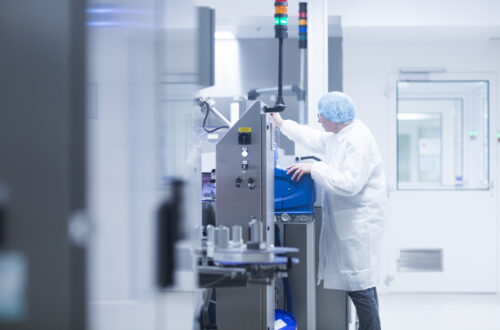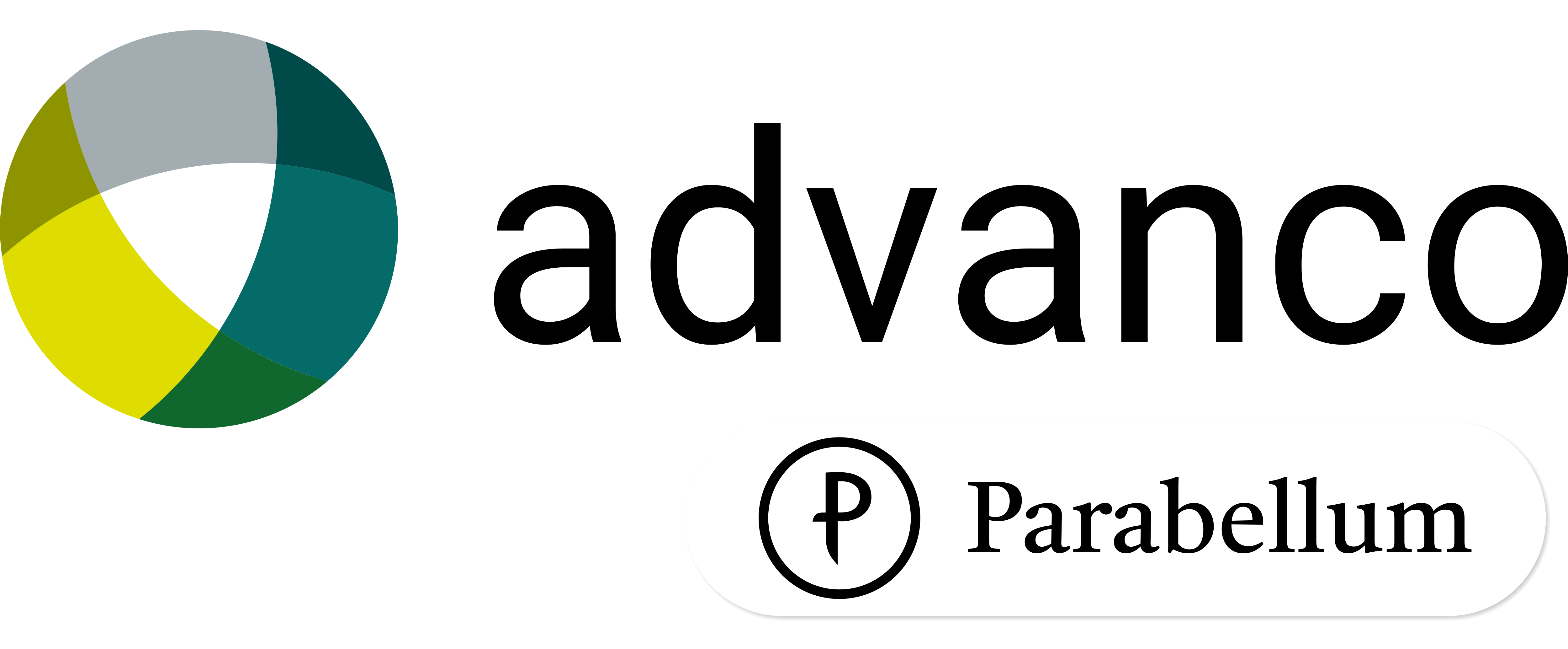Global demand for security of pharmaceutical and medical supplies post-COVID drives open standards
Demand from governments and health organisations for greater assurances on the integrity and reliability of pharmaceutical and medical products to treat COVID-19 has prompted advanco, a leader in product serialization tracking software, to accelerate its plans for growth across global markets.

Common standards across pharmaceuticals industry are being rolled out now by the industry body Open-SCS. However, advanco, which is a founder member of Open-SCS, already offers serialisation solutions compliant with the new open industry standards – and is the only software provider currently doing so.
Rising demand to authenticate medicines and essential products looks set to drive the global market for pharma track and trace software solutions from around $2 billion last year to almost $9 billion by 2025*. Parabellum Investments, a privately-owned international investment firm specialising in mid-market companies, acquired advanco last month, with plans to help the company expand in global markets.
“We see great scope for advanco to consolidate its leadership globally in the tracking of critical medicines and other pharmaceutical products in the aftermath of COVID-19, and want to help the business take best advantage of the shift to open standards,” said Rami Cassis, founder and CEO of Parabellum Investments.
“Global pharmaceuticals companies need systems which support open industry standards because, in the wake of COVID-19, governments are demanding assurances that critical medicines and medical products can be sourced locally using ingredients or components from guaranteed sources,” said Alf Goebel, CEO of advanco.
“advanco is currently in pole position to help deliver this, being the first software vendor to implement the open protocol and, post COVID, the benefits should be substantial,” Mr Goebel continued. “Open interfaces are both easier and cheaper for manufacturers and should help them be more agile and flexible across their supply chains as the situation continues to develop in response to this pandemic.”
Many countries already have regulations in place to prevent, detect and respond to substandard, unregistered or unlicensed medical products – which include a requirement to serialise individual medicines so they can be tracked and authenticated. In the wake of COVID-19, governments in the US and elsewhere are looking to go further, also requiring manufacturers to give evidence of local sourcing for critical products – and pharma serialization software will also be essential to evidence this.
Open standards will be vital to stem a potential tide of fake drugs and vaccines to treat COVID-19 as countries around the world struggle to recover after the pandemic. Fake drugs are already a major challenge, accounting for around 10% of medicines in developing countries, according to the World Health Organisation and hundreds of thousands of unnecessary deaths.
View the original article here.



